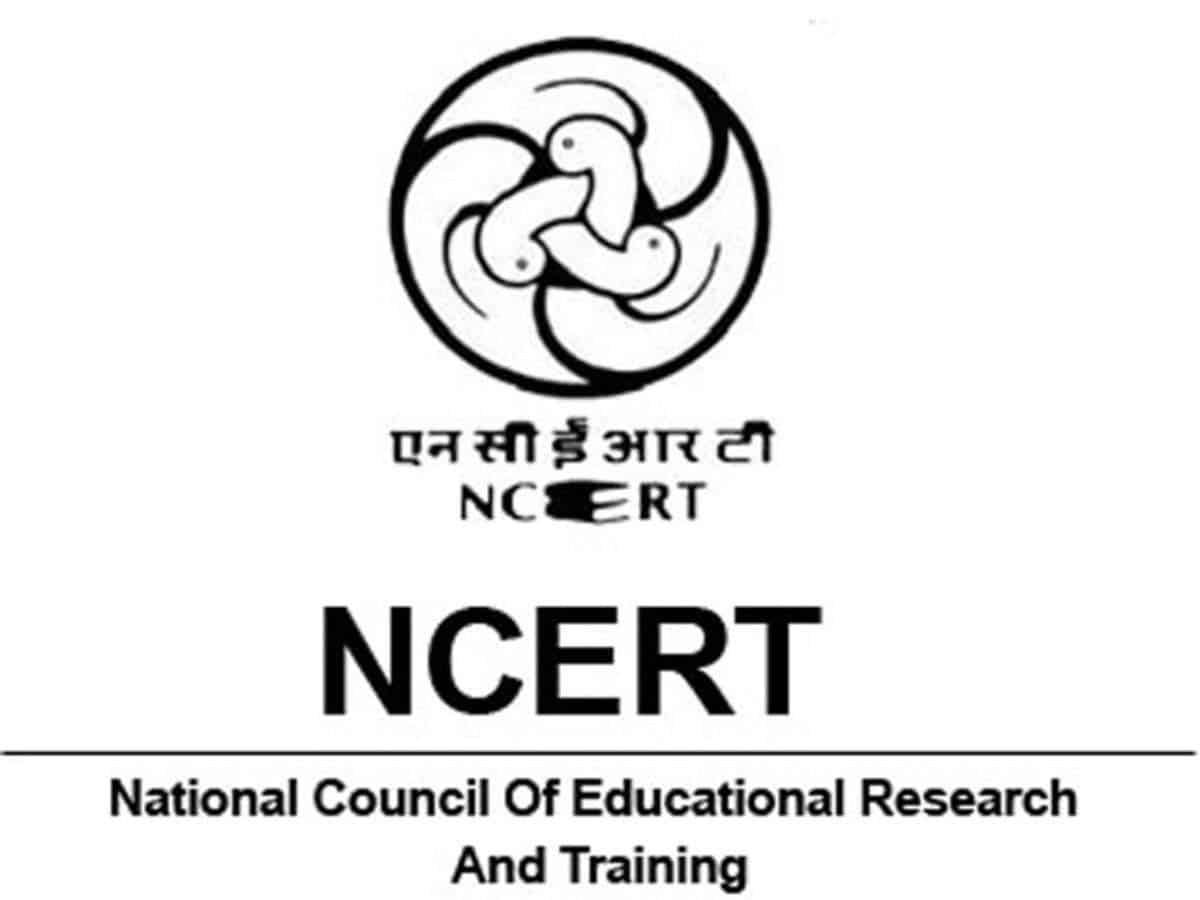
The newly released textbooks by the National Council of Educational Research and Training (NCERT) have now dropped the chapter on democracy in Class 10th textbook in order to reduce “burden on students”.
According to reports, apart from democracy, the periodic table and source of energy chapters have also been dropped.
NCERT’s class 10 books contain Democratic Politics – I as a subject. The newly released version has dropped chapters such as Popular Struggles and Movements, Political Parties and Challenges to Democracy.
Apart from this, science students will no longer have to study Periodic Classification of Elements, Sources of Energy and Sustainable Management of Natural Resources.
Difficulty level, overlapping content, and content irrelevant in the present context are some of the reasons specified by NCERT on the decision.
However, students can still learn the subjects based on the choice of stream or department they take in Class 11 and Class 12.
Hence, students who opt for Arts and Humanities after passing Class 10 can study democracy and those who opt for Science can study the periodic table.
NCERT has been under fire for omitting a series of important chapters in the past. Its recent omission of the theory of evolution from the Class 10 science textbook received a lot of flak from intellectuals and scientists around.
However, the Minister of State (MoS) for Education Subhas Sarkar maintained that the decision was taken in light of the COVID-19 pandemic.
“Due to Covid-19, rationalisation of courses was going on, to reduce the burden of studies on the child. If a child wants to study, Darwin’s Theory is available on all websites. In Class 12, there is already Darwin’s Theory in the syllabus so there should not be such false propaganda,” the minister said.
On April 3, NCERT omitted the chapters on the Mughal empire from Class 12 textbooks. Two chapters titled, ‘American Hegemony in World Politics’ and ‘The Cold War Era’ has been removed from the book.
‘Democracy and Diversity’, ‘Popular Struggles and Movements’, and ‘Challenges of Democracy’ chapters have been removed from Class 10th book ‘Democratic Politics-2’.
On April 5, NCERT dropped a portion referring to the Gujarat riots from the class 11 Sociology textbook, months after it removed the reference to the 2002 communal violence in two class 12 textbooks.
In the class 11 Sociology textbook titled “Understanding Society”, the deleted paragraph talked about how class, religion and ethnicities often lead to segregation of residential areas and it then cites the communal violence in Gujarat in 2002 to illustrate how communal violence furthers ghettoisation.
NCERT Director Dinesh Saklani, however, claimed that the change was approved during the same exercise and it did not find mention in the official notification due to an “oversight”.
On April 13, a chapter on India’s first Education Minister Maulana Abul Kalam Azad was removed from the revised political science textbook.
A paragraph in the chapter read, “The Constituent Assembly had eight major Committees on different subjects. Usually, Jawaharlal Nehru, Rajendra Prasad, Sardar Patel, Maulana Azad or Ambedkar chaired these Committees. These were not men who agreed with each other on many things. Ambedkar had been a bitter critic of the Congress and Gandhi, accusing them of not doing enough for the upliftment of Scheduled Castes. Patel and Nehru disagreed on many issues. Nevertheless, they all worked together.”
However, the revised textbook paragraph reads, ‘Usually, Jawaharlal Nehru, Rajendra Prasad, Sardar Patel or B.R. Ambedkar chaired these Committees.’
This change omitted the significant contribution of Maulana Azad to India’s constitution drafting process.
The latest removal were references to the demand for a separate Sikh nation Khalistan from the class 12 political science textbook following objections from the Shiromani Gurdwara Parbandhak Committee (SGPC), according to top education ministry officials.
Dropping several topics and portions from the NCERT textbooks last month triggered a controversy with the Opposition blaming the Centre for “whitewashing with vengeance”.

